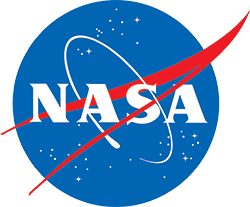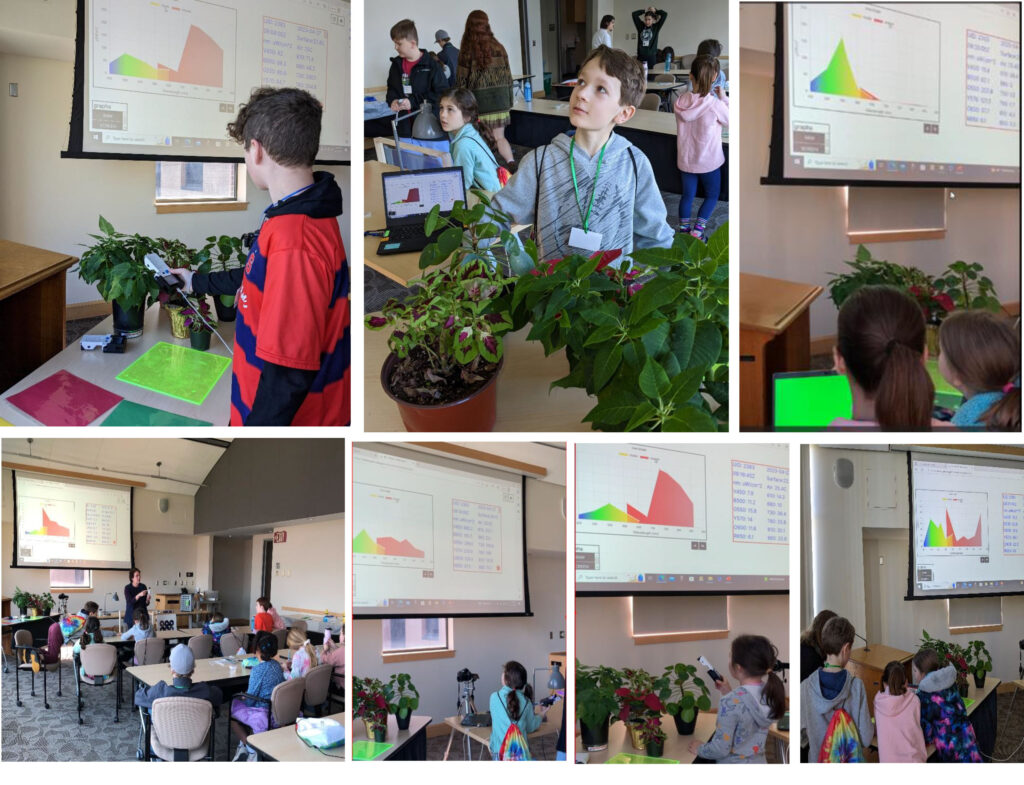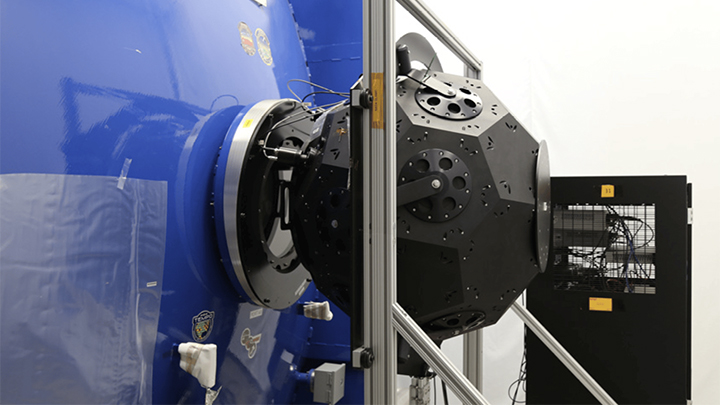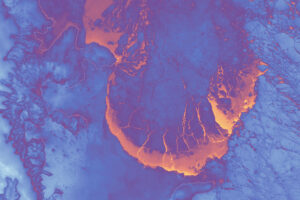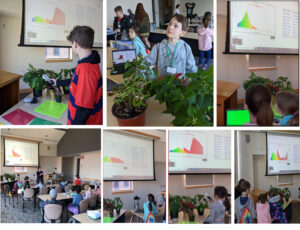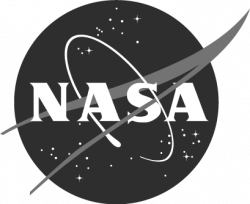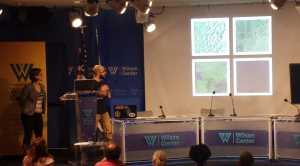
Science Hack Day, a two-day all-night event, encourages people of all ages to think creatively about science topics. More than 50 of these “hack-make-do-a-thon” events have occurred in 17 countries. The Wilson Center and John F. Kennedy Center for the Performing Arts in Washington, D.C. hosted the first Science Hack Day event on May 16-17, 2015.
After learning about various topics attendees brainstormed hacks and formed groups. “Some people just got on the stage and said, ‘this is what I’m working on, if you think it’s cool you should come work with me,’” said David Lagomasino, a scientist at NASA’s Goddard Space Flight Center in Greenbelt, Maryland.
The free-to-attend event started with several “lightning talks”: five-minute talks meant to provide diverse subjects to explore and consider when brainstorming hacks.
In his lightning talk Lagomasino proposed a challenge to help study deforestation by linking satellite imagery and ground-images gathered via crowdsourcing.
The topic relates to Lagomasino’s work at Goddard, where he uses satellite data to create 3-D reconstructions of mangrove forests. He kept the short talk open-ended, hoping to spark hacker’s ideas about forest monitoring.
Other talks included connecting sensors to dance performers and developing a method to sample leaves from the tops of trees.
The middle portion of the event was loosely structured, allowing groups to work on their hacks. Some developed prototypes while others compiled presentations to explain their idea. Several attendees stayed through the night and continued hacking.
This wasn’t Lagomasino’s first hack event. He has hosted and judged similar competitions since 2012. Unlike the others, D.C.’s Science Hack Day linked science and art. The art component inspired Lagomasino to, for the first time, create his own hack to help the visually impaired understand satellite imagery. The prototype program sounds a chord that plays three notes simultaneously using pixel values from various Landsat bands for each geographic location on the image.
“I took this opportunity to learn a new language,” Lagomasino said. He and his fellow group member, Tracey Bell, created music chords using different bands of Landsat 5 data. Landsat 5 is one of the satellites in a joint NASA/U.S.Geological Survey program that provides the longest continuous space-based record of Earth’s land in existence.
Lagomasino and Bell took a Landsat image of the Florida Everglades and pulled sounds of water, undeveloped land and urban areas.
“We brought another audience to this data, such as the visually impaired who can’t necessarily see the change but can now hear the change of deforestation.” The hack, titled: “If no one hears it,” won the best use of data award at the competition.
Participants produced 14 different hacks ranging from “LickitySplit,” which 3-D prints and analyzes spit, to “PoliConnect,” an online forum where lawmakers and policy experts can anonymously connect to ask and answer questions.
Science Hack Day results in more than the hacks themselves. “The act of putting these ideas together and talking with people you probably would never talk to about these issues is unique,” said Lagomasino.
Further Reading:
+ DC Science Hack Day
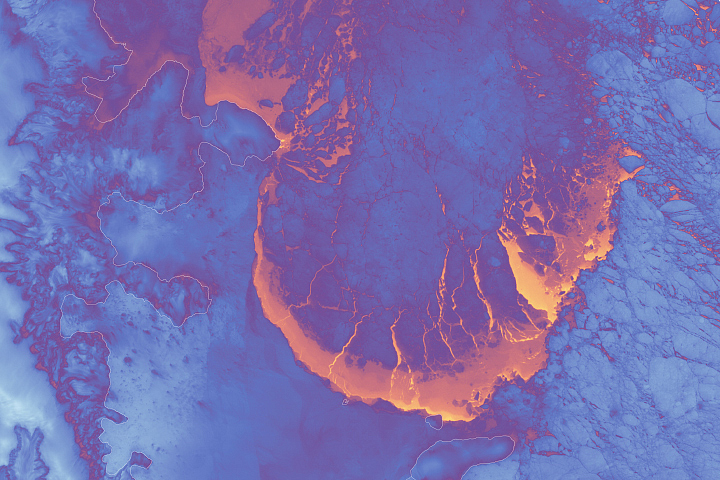
Scenes from the Polar Night
Landsat satellites have begun regularly acquiring images of ice at the poles during the winter, with enlightening results.
